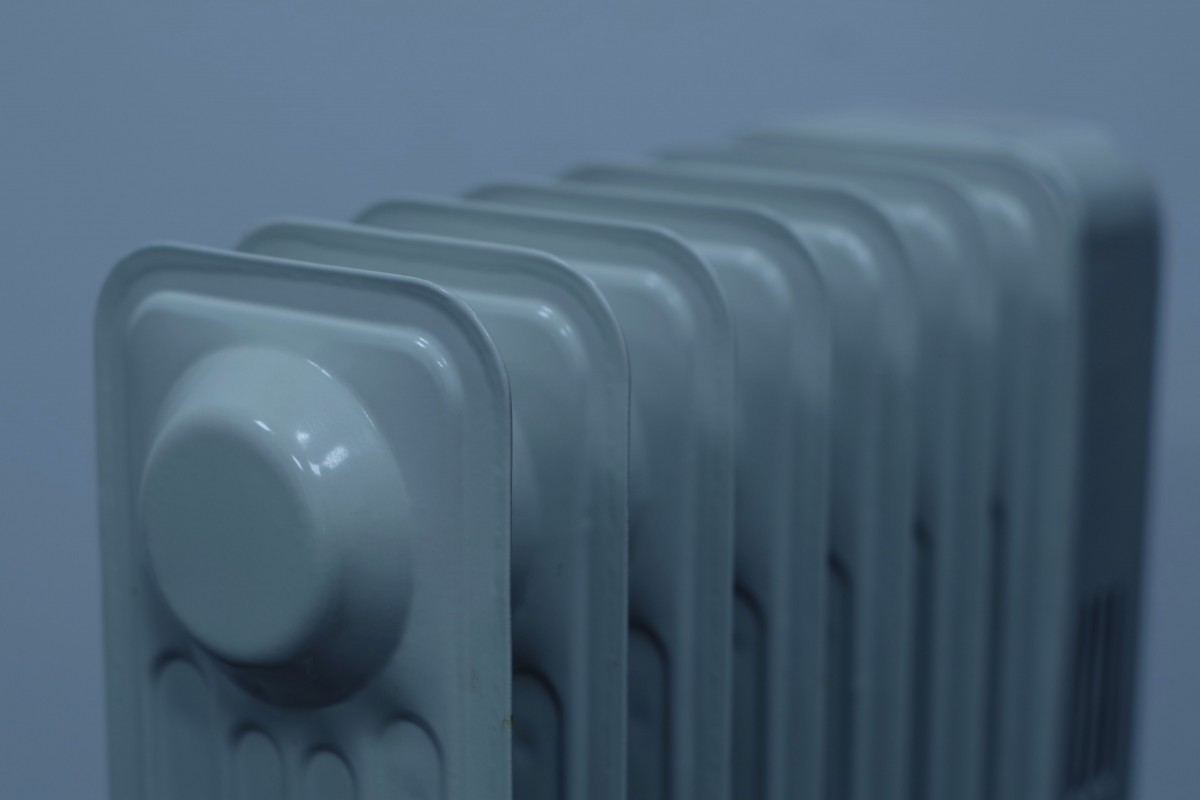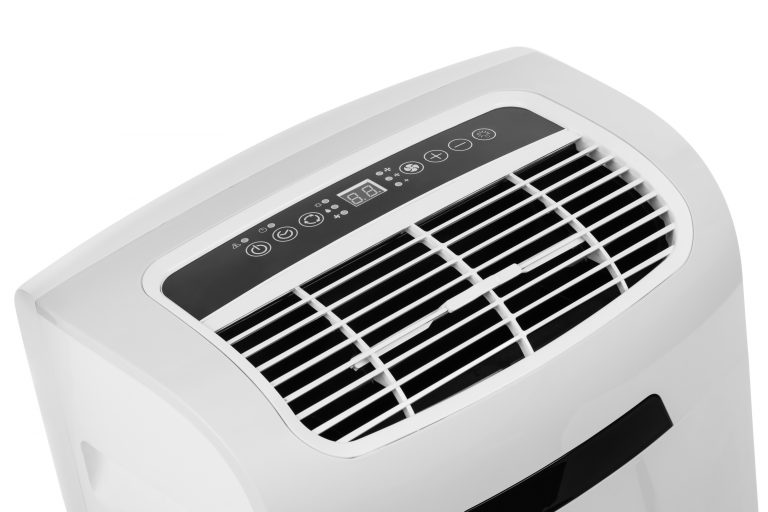Grease in Your Drains? Why It’s a Plumbing Nightmare and How to Prevent It
Grease might seem harmless when it’s liquid, but pouring it down your drain can cause a plumbing disaster. Over time, grease builds up inside your pipes, leading to blockages, foul odors, and even costly damage. In this blog, we’ll explore why grease in your drains is a serious issue, how it affects your plumbing, and the steps you can take to prevent it.
Why Is Grease in Your Drains a Problem?
When hot grease cools, it solidifies and clings to the inner walls of your pipes. This creates a sticky layer that traps debris and restricts water flow. Over time, this can result in:
- Clogged Pipes
Grease buildup narrows the pipe’s diameter, making it harder for water and waste to pass through. Eventually, this leads to stubborn clogs that require professional intervention.
- Foul Odors
Trapped grease provides a breeding ground for bacteria, which produces unpleasant smells that can waft through your kitchen or bathroom.
- Sewer Backups
In severe cases, grease buildup can cause sewage to back up into your home, creating a hazardous and costly mess.
- Damage to Municipal Sewer Systems
Grease isn’t just a household problem; it can affect local wastewater treatment facilities. Fats, oils, and grease (FOG) are major contributors to sewer system overflows.
How to Prevent Grease from Damaging Your Plumbing
The best way to deal with grease is to keep it out of your drains in the first place. Here are some effective prevention tips:
- Dispose of Grease Properly
- Let grease cool and solidify in a container, then throw it in the trash.
- Use disposable paper towels to wipe greasy pans before washing.
- Install a Grease Trap
A grease trap is a plumbing device that captures grease before it enters your drain pipes. It’s a valuable investment for both homes and businesses.
- Avoid Using Hot Water to Rinse Grease
While hot water may seem to help grease flow down the drain, it cools as it travels through the pipes, causing grease to solidify further downstream.
- Educate Your Household
Ensure everyone in your household understands the importance of keeping grease, oils, and fats out of the sink.
- Regular Drain Maintenance
Schedule periodic drain cleaning to remove any grease buildup before it becomes a major problem.
What to Do If You Have Grease in Your Drains
If grease has already caused a clog, you’ll need to act quickly to prevent further damage:
- DIY Solutions
- Hot Water and Dish Soap: Pour boiling water mixed with grease-fighting dish soap down the drain. This can help dissolve minor grease buildup.
- Baking Soda and Vinegar: Pour half a cup of baking soda followed by half a cup of vinegar into the drain. Let it sit for 15 minutes, then flush with boiling water.
- Call Professional Plumbing Services
For severe clogs or recurring issues, professional help is essential. Plumbers have specialized tools like hydro-jetting to remove grease buildup safely and effectively.
Why Grease Build-Up Requires Professional Attention
Grease clogs often extend deep into the plumbing system, making them difficult to address with DIY methods. Professional plumbing services not only remove the clog but also ensure your pipes are thoroughly cleaned to prevent future issues.
Final Thoughts
Grease in your drains can quickly escalate into a plumbing nightmare, but with the right precautions and timely action, you can protect your pipes and avoid costly repairs. For reliable plumbing services, trust Elite Plumbing, Heating & Air Conditioning. Our expert plumbers are equipped to handle grease clogs and other plumbing issues with efficiency and professionalism. Call us today at 702-263-2665 to schedule a service and keep your plumbing in top shape!
SCHEDULE YOUR FREE ESTIMATE
We Provide Expert Air Conditioning Services in Las Vegas, NV










